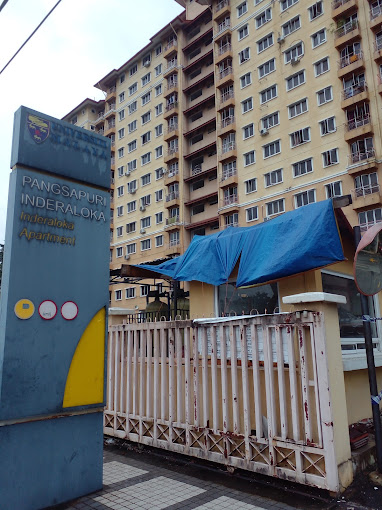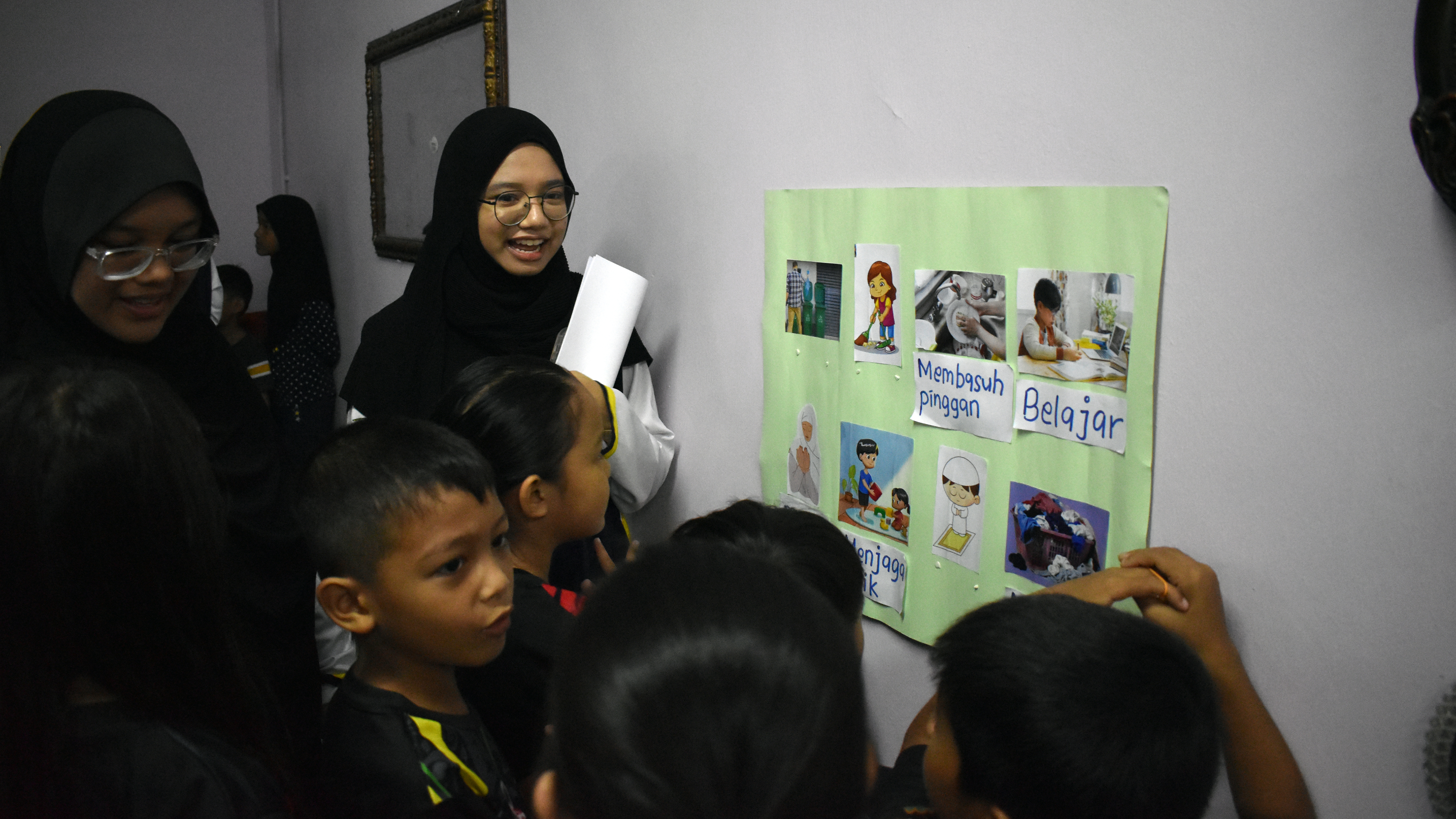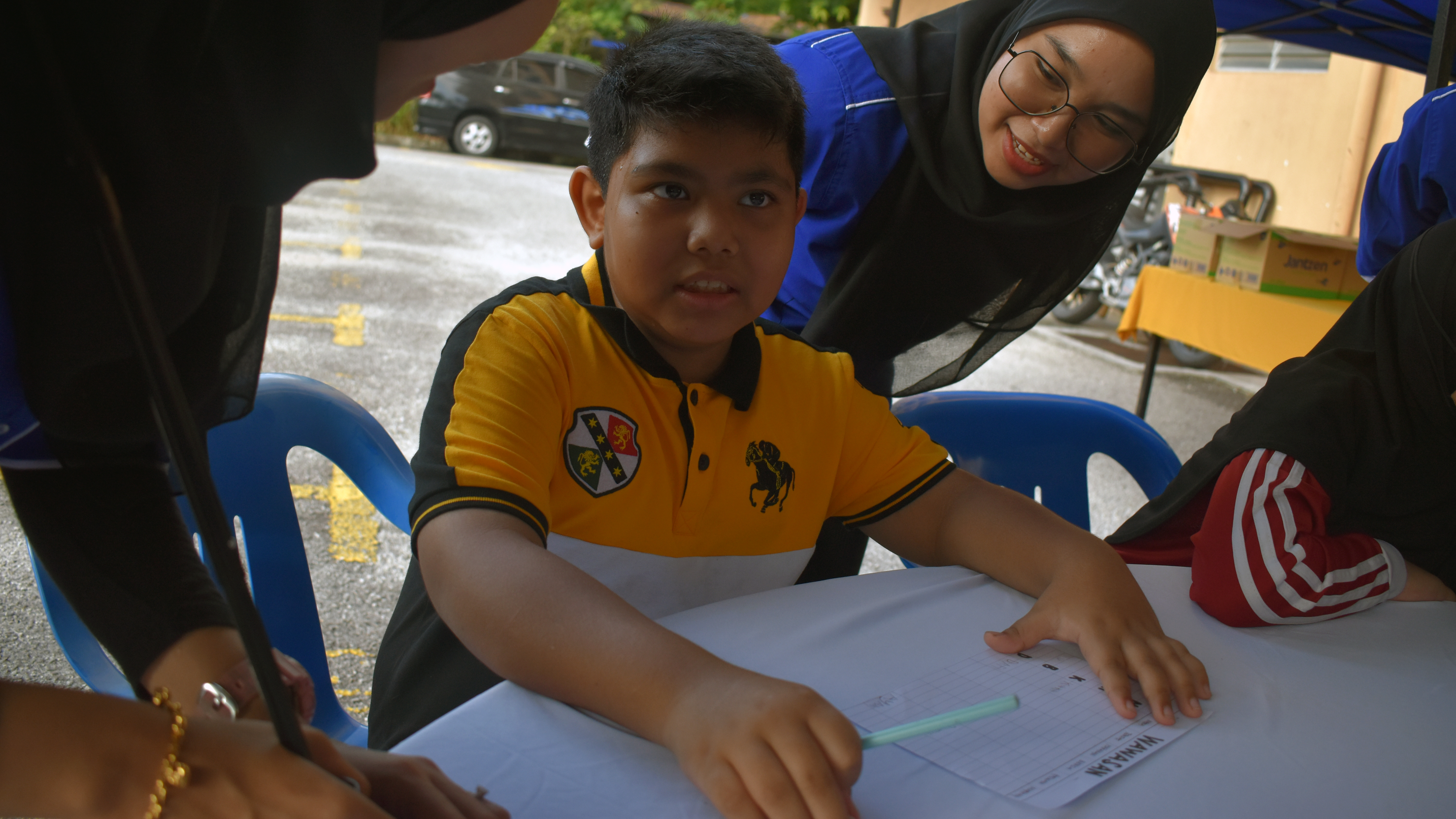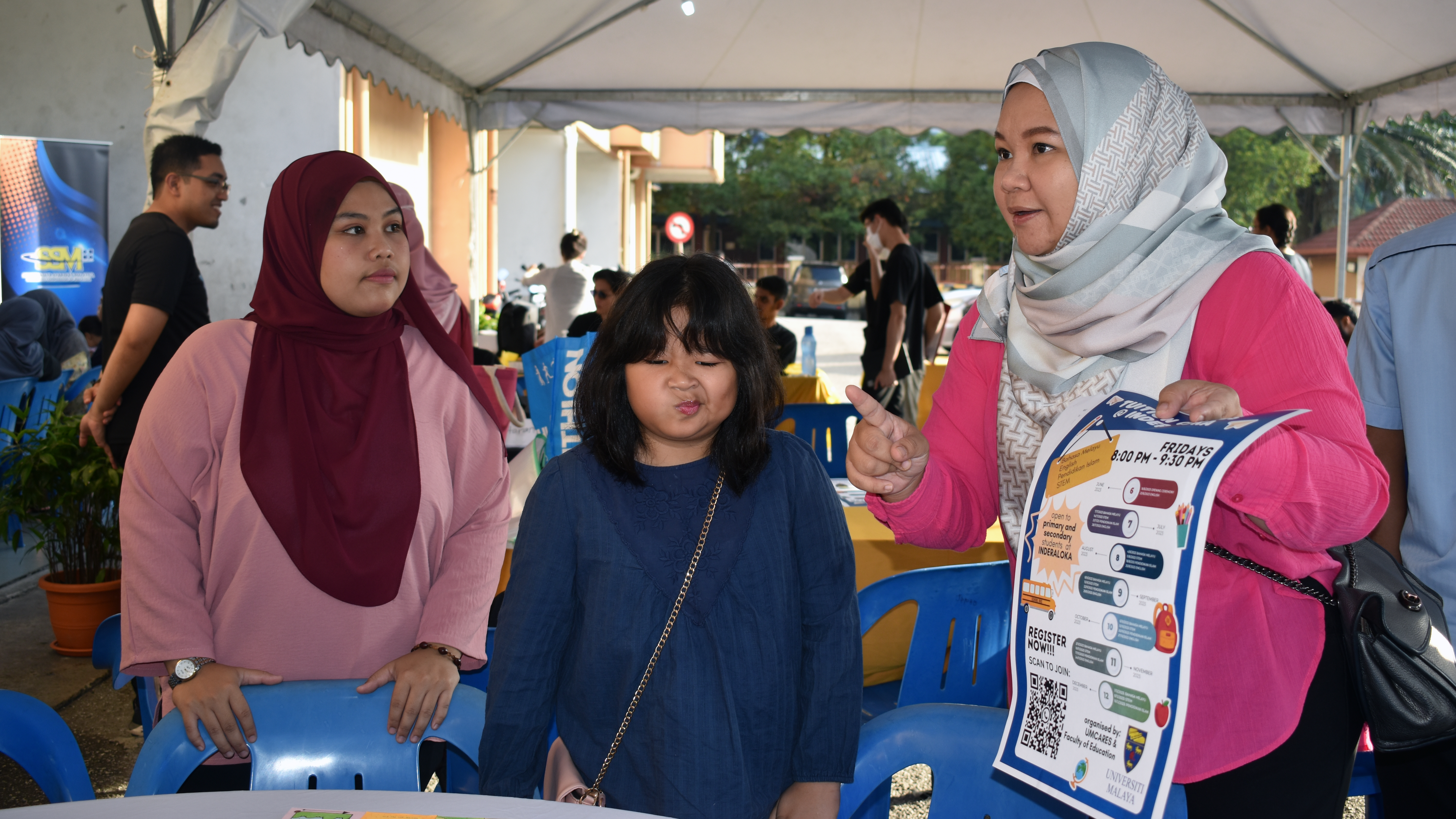Universiti Malaya Community Engagement Centre (UMCares)
Universiti Malaya, through the Community Engagement Center (UMCares), is unwavering in its commitment to support community involvement programs rooted in the transfer of knowledge and information technology skills from its esteemed faculty to the local community. These impactful programs, taking place at Pangsapuri Inderaloka, are closely monitored by Universiti Malaya through UMCares to ensure that the project's intended outcomes and benefits reach the engaged community. Under the UM Wellbeing Program, an exciting carnival encompassing various themes such as education, health, and financial management is set to unfold. The project's target community comprises University of Malaya staff residing in Pangsapuri Inderaloka, including senior citizens, adults, youth, and children. This initiative not only enriches the lives of the community but also fosters a sense of unity and empowerment, making it an inspiring endeavor for all involved.
Objectives
To foster collaboration with the community in terms of planning, management, and implementation of activities.
Targets
Location

Pangsapuri Inderaloka, Universiti Malaya.
Low-income Urban Community (LIUC) Health Empowerment: The Key To A Healthier Nation

Low-income urban communities (LIUCs) struggle with health issues linked to poverty and education barriers. The proposed intervention empowers individuals by improving healthcare access, promoting self-health awareness, and healthier nutrition. It utilizes community-based research, evaluating hospitalization rates, health outcomes, and community acceptability, striving to swiftly enhance health equity and reduce disparities in Klang Valley's LIUCs through empowerment and systemic change.
Fardhu Ain Tiered Program (FAB) Among B40 Students

The COVID-19 pandemic has disrupted global education, with Malaysia facing issues of learning loss, particularly in Islamic Education among minority students from low socio-economic backgrounds. Urgent action is needed, involving leaders, educators, communities, and parents. Academics should create effective programs, and leaders should provide support to address learning loss, motivation, and identity issues among marginalized students.
Earning Science Through Integrated Stem Activities

The COVID-19 pandemic disrupted STEM learning, particularly hands-on science, creating gaps in understanding abstract concepts. Integrated STEM education solves this by engaging students in real-world problem-solving using STEM knowledge. Implementing it is challenging for teachers and students unfamiliar with the approach. This project, led by pre-service Science Education teachers, aims to develop and share integrated STEM activities for primary school students, enhancing their science skills, and teacher pedagogical knowledge for culturally relevant STEM education.
Knowledge Exchanges Programme: Module ‘cakna’ And The Use Of Information Communication And Technology (ict) To Improve Reading And Writing Literacy In Malay Language Among B40 Youths

Critical issues have emerged, particularly concerning learning gaps, especially in subjects like Bahasa Melayu among minority students, particularly those from low socio-economic backgrounds or the B40 group. Each day, complaints from teachers, parents, and students about this learning gap are heard. Various factors contribute to this, including an unequal focus on schools and students, especially in the post-pandemic era. Addressing the issue of learning loss in Bahasa Melayu is urgent, requiring cooperation among leaders, educators, local communities, and parents. Academics should develop suitable learning programs or modules to address this promptly.
The Development Of The English Language Learning Recovery (E.L.L.E) Module To Mitigate Learning Loss Among Esl Students

Extended school closures during the pandemic have resulted in significant learning loss, especially in English language skills. This project aims to address this by creating the English Language Learning Recovery (ELLe) Module. UM TESL students and lecturers will conduct recovery activities for ESL students, following the ADDIE instructional design model. The project seeks to identify learning needs, propose and implement the ELLe module, and evaluate its impact on students' English language skills, fostering collaboration between academia and the community while shedding light on pandemic-induced ESL learning loss.
Last Update: 09/10/2023